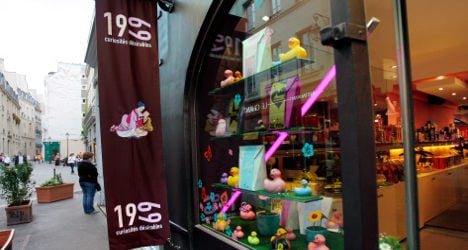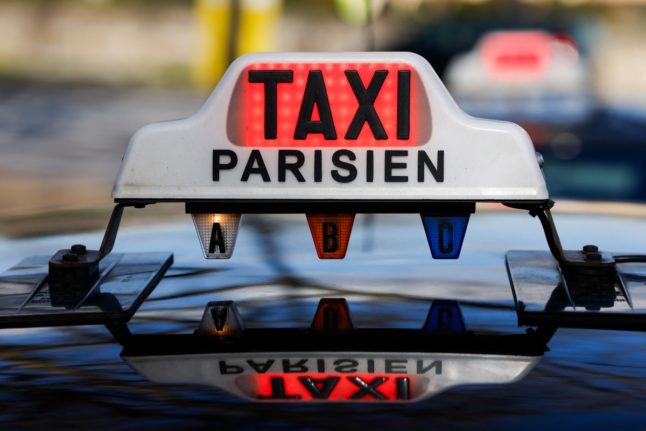Is a dildo pornographic? That is the question that judges at the Cour de Cassation in France will now have to answer after a shopkeeper Nicolas Busnel lodged an appeal against a conviction for violating child protection laws for selling his products within 200 metres of a primary school.
Busnel, whose shop was 90 metres from a local primary school, was forced to close after the verdict last year, following a complaint from a Christian group, the CLER Love and Family Association.
The verdict had been denounced by Busnel’s lawyer as being based on "the most retrograde morality and the most worrying puritanism".
Busnel had denied that his shop's products, which included dildos and vibrators, violated the law and succeeded in having his case sent to France's highest appeal court.
On Thursday his lawyer Richard Malka argued that the law, which Busnel had flouted, refers to pornographic objects, but no court has ever ruled that a sex toy was pornographic.
Malka also stressed that no child or parent or teacher had ever complained about the presence of the sex shop near the school.
After losing the first case, Busnel was ordered by the court to pay a symbolic €1 in damages to the Le Cler Amour et Famille. He had faced up to two years in prison and a €30,000 ($40,000) fine.
At the hearing the association’s lawyer Henri de Beauregard whipped out two dildos to show the court, saying: “These are, without doubt, pornographic.”
In defense, Malka responded “I don’t want to know anything about these objects,” adding there was no proof they were sold by the shop.
He then hit back by pulling out a rubber duck and other items sold in the shop, in a bid to demonstrate to judges that they were not pornographic.
"France is today the only country in the Western world to consider a vibrating duck as a pornographic object," Malka had said.
He argued the restriction would make it nearly impossible for anyone to open a sex shop in densely populated central Paris.
"This decision will inevitably lead to a ban in a capital of the Western world on all businesses selling sex toys," he said.
A lawyer for the Christian group De Beauregard said "the protection of children is not retrograde".
The appeal court is due to deliver its verdict on December 5th.
Don't miss a story about France – Join us on Facebook and Twitter.



 Please whitelist us to continue reading.
Please whitelist us to continue reading.
Member comments